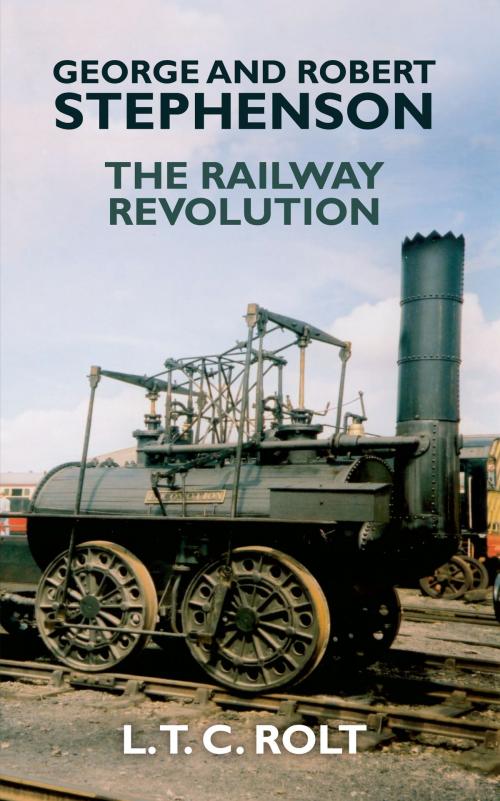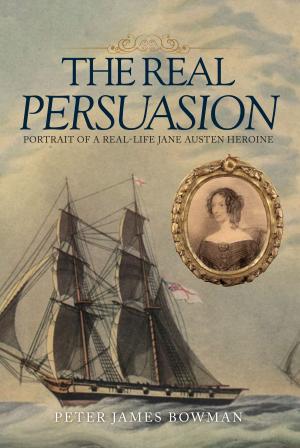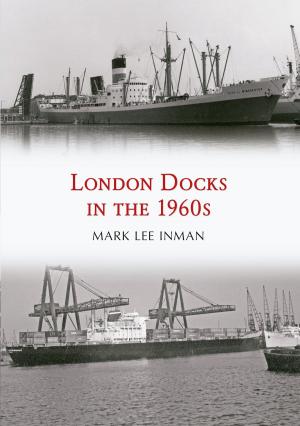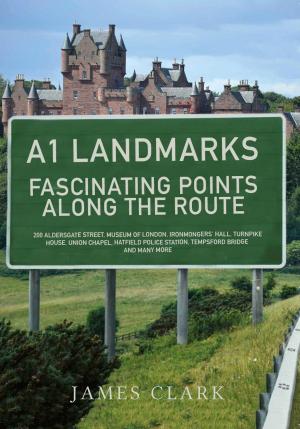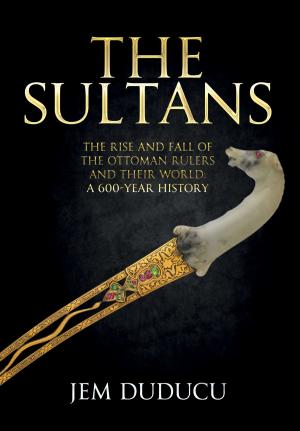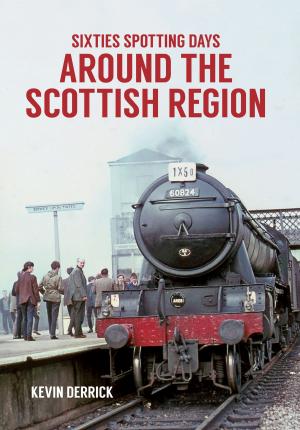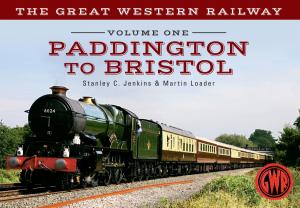George and Robert Stephenson
The Railway Revolution
Nonfiction, Reference & Language, Transportation, Railroads, Science & Nature, Technology| Author: | L. T. C. Rolt | ISBN: | 9781445611211 |
| Publisher: | Amberley Publishing | Publication: | March 15, 2009 |
| Imprint: | Amberley Publishing | Language: | English |
| Author: | L. T. C. Rolt |
| ISBN: | 9781445611211 |
| Publisher: | Amberley Publishing |
| Publication: | March 15, 2009 |
| Imprint: | Amberley Publishing |
| Language: | English |
The railways were the most revolutionary innovation of Victorian times. They carried Britain into the modern age with dramatic speed, transforming the pace and style of everyday life. We owe them to two men who, father and son, can lay claim to be the most important engineers of their time, George and Robert Stephenson. In this excellent biography L. T. C. Rolt, author of Brunel and Thomas Telford, assesses their life and their work. ‘This biography is a work of distinction in both the historical and social sense. It is written by one who adds engineering knowledge to biographical skill.’ E. W. Martin in the Listener ‘Mr Rolt is a master of correct terminology and can even turn it to literary advantage where, under another hand, it would cumber context with jargon. This gift, coupled with his own practical knowledge of mechanical and civil engineering, has enabled the author to produce yet another contribution to English history, which would have been quite beyond the power of the academic historian.’ Edmund Vale in the Observer
The railways were the most revolutionary innovation of Victorian times. They carried Britain into the modern age with dramatic speed, transforming the pace and style of everyday life. We owe them to two men who, father and son, can lay claim to be the most important engineers of their time, George and Robert Stephenson. In this excellent biography L. T. C. Rolt, author of Brunel and Thomas Telford, assesses their life and their work. ‘This biography is a work of distinction in both the historical and social sense. It is written by one who adds engineering knowledge to biographical skill.’ E. W. Martin in the Listener ‘Mr Rolt is a master of correct terminology and can even turn it to literary advantage where, under another hand, it would cumber context with jargon. This gift, coupled with his own practical knowledge of mechanical and civil engineering, has enabled the author to produce yet another contribution to English history, which would have been quite beyond the power of the academic historian.’ Edmund Vale in the Observer
